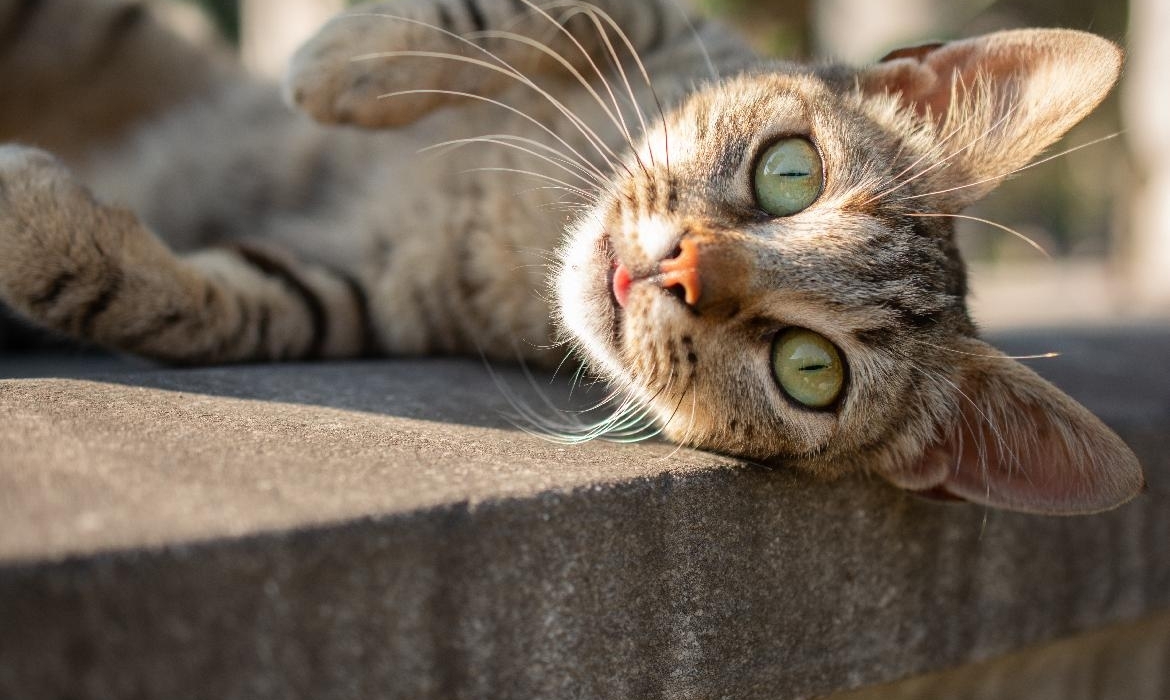Gatto irrequieto e ansioso: cinque modi per calmarlo
I gatti sono molto sensibili e possono soffrire di ansia per vari motivi, come cambiamenti nell’ambiente, rumori forti, visite dal veterinario o la presenza di altri animali.
L’ansia può manifestarsi in diverse forme, tra cui disturbi ricorrenti del tratto urinario, miagolii eccessivi, perdita di appetito, eccessiva pulizia o altri comportamenti compulsivi o aggressivi.
Per aiutare il tuo gatto a sentirsi più tranquillo e sicuro, ecco alcuni consigli.
Crea un ambiente confortevole e pulito. Assicurati che il tuo gatto abbia uno spazio dove può riposare, giocare e nascondersi in pace. Assicurati che ciotole (per l’acqua e il cibo) siano pulite così come la lettiera.
Rispetta il suo bisogno di indipendenza. Non forzare il tuo gatto a interagire con te o con altri se non lo desidera. Lascia che sia lui a decidere quando e come avvicinarsi a te e agli alti. Accarezzalo e coccolalo solo quando è rilassato e ricettivo. Evita di sollevare il tuo gatto o di metterlo in situazioni che possono spaventarlo o innervosirlo.
Trova il tempo per giocare con lui. Il gioco fa bene alla salute mentale del gatto. I giochi più adatti, in questo caso sono quelli che lo mantengono attivo e lo spingono al movimento: avvero palline e topolini, tunnel e tiragraffi.
Introduci gradualmente le novità. Se devi portare il tuo gatto in un luogo nuovo, come la casa di un amico o il veterinario, preparalo con anticipo. Fallo abituare al trasportino lasciandolo aperto in casa e mettendoci dentro delle coperte o dei premi. Durante il viaggio, copri il trasportino con un telo per ridurre gli stimoli esterni. Una volta arrivato a destinazione, lascia che il tuo gatto esplori l’ambiente e offrigli delle ricompense positive.
Consulta il veterinario. Se il tuo gatto mostra segni di ansia persistente o grave, potrebbe avere un problema di salute o una condizione comportamentale che richiede un trattamento specifico. Il veterinario può escludere eventuali cause mediche e consigliarti la terapia più adatta.

